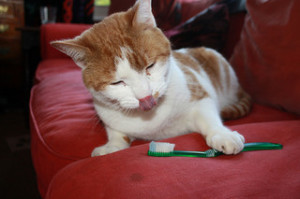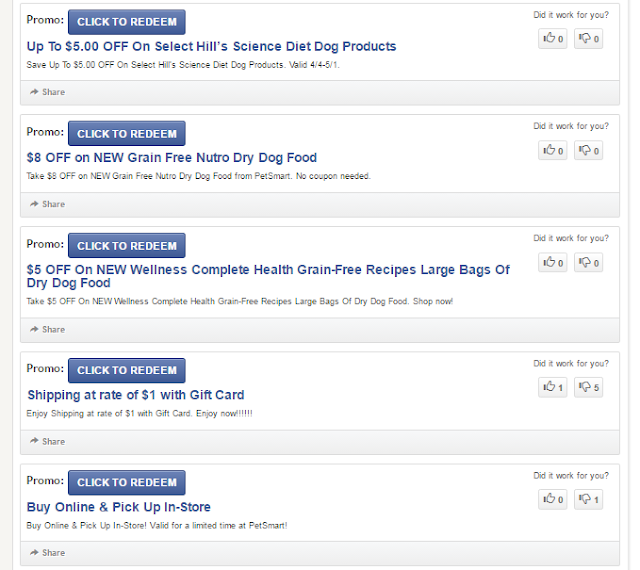Hi Pet Blog Readers,
Please welcome guest blogger Lilly Sheperd! Today she has a post that asks us to be proactive in regard to the health of our friendly felines. She covers how important preventative maintenance can be for your cat and how crucial it is for them to engage in exercise and activity while also enjoying a good diet. If you have any questions, comments or tips of your own for keeping your cats healthy please let us know in the comments section. Thanks!
___________
Cats are extremely agile and active pets known for their curiosity. For this reason, many humans find they are easily humored by the feline species’ innate sense of independence, and enjoy spending time with these furry little beholders of big personalities.
It is no wonder, then, that cat owners want to do whatever it takes to help their animal companions live long and healthy lives. Promoting longevity in your pet is not achieved by any miracle cure, but rather results from consistent effort throughout an entire cat’s life. By combining a well-rounded preventative care regimen, an increase in the amount of exercise your pet experiences, and a boost to the nutritional value of your cat’s diet, you may be able to carry your pet through over a decade of play, laughter, and fun.
Preventative Care Starts Early: Preparing Your Pet for a Long and Healthy Life
One of the most important aspects of health maintenance for your cat is preventative medicine – and prevention begins the moment that a cat is born. Staying up-to-date on regular vaccinations, anti-parasitic medications, and other preventative treatments can severely reduce the risk of your beloved pet developing illnesses and diseases. Since regulations regarding what medicines are required of domesticated animals often change, consultation with your veterinarian on an annual basis is necessary to help you ensure that you stay in compliance with policy.

Another key facet of preventative care for cats ismaintenence of your pet’s dental hygiene – though it is often overlooked by pet owners. The process of taking care of your cat’s teeth and gums is relatively simple: with a small toothbrush and a pea-sized drop of toothpaste that is specially formulated for your cat’s mouth, gently massage the teeth and gum areas to remove plaque and any other buildup. Cats that are more finicky about the process of having their teeth brushed often can substitute crunchy dental health treats, designed to remove plaque as cats eat, for their brushing routine. Frequently serving crunchy dry food to your cat can also reduce the risk of buildup forming inside its mouth.
Achieving Regular Activity: Both Play and Exercise Are Critical to Cat Health
It is very important for cats to have access to toys and enough space for adequate play each day. Surely, stereotypes tell us that cats are fat, lazy, and lounge around all day – and veterinarians agree that it is healthy for cats to have relaxation time as well. However, play can help build the strength of your pet’s muscles, and staying active can prevent troubles with your cat’s joints and ligaments over time. It is far easier for active cats to maintain a healthy weight through engagement in exercise than simply through calorie restriction.
A Nutritious Diet: A Central Part of a Cat’s Healthy Lifestyle
Perhaps the most important part of a pet’s preventative care routine is the maintenance of a healthy, balanced diet. A cat should have a daily diet of healthy
cat food. The ideal cat food brand has a high level of animal proteins, and is chock-full of vitamins and minerals that promote your cat’s health. Look for trusted brands that, unlike generic brands, have certification stamps of their safety, and use meats, carbohydrates, and other ingredients that are natural and of high quality. Access to a fresh bowl of clean water is also a key part of maintaining bodily health for a cat. Get FREE Shipping on orders of $49 or more. Valid within the contiguous 48 U.S. states and to military APO/FPO addresses! Offer Ends Soon! Click
here
Did you know that over 54% of the cat population in the United States is overweight? Veterinarians warn that extra weight is an early indicator of disease, and can lead to kidney failures, heart disease, and other kitty illnesses over time. Weight management is based in part on portion control, but also depends upon the food’s nutritional quality. For more information about what your pet’s particular dietary needs are, consult your veterinarian.






